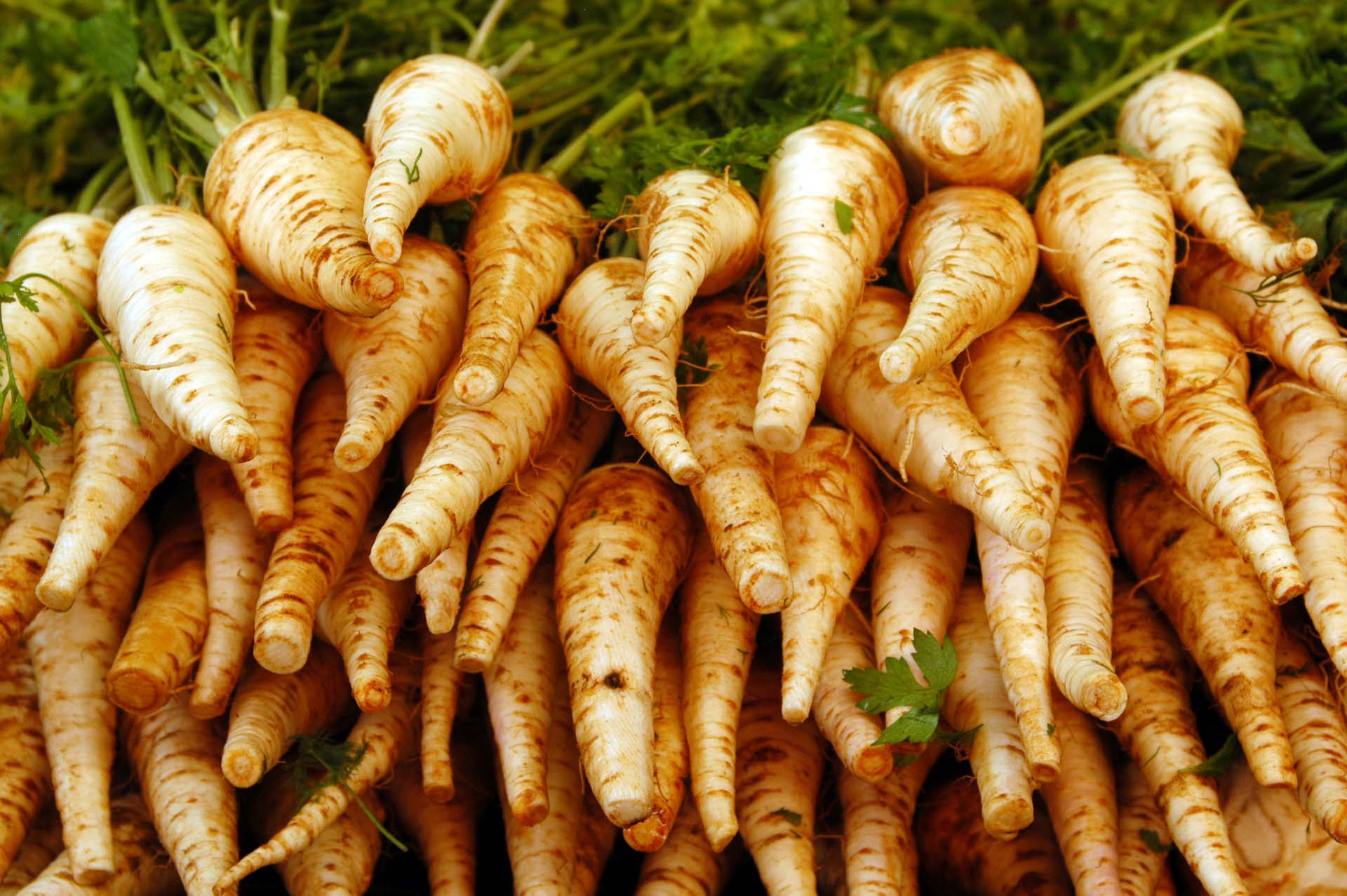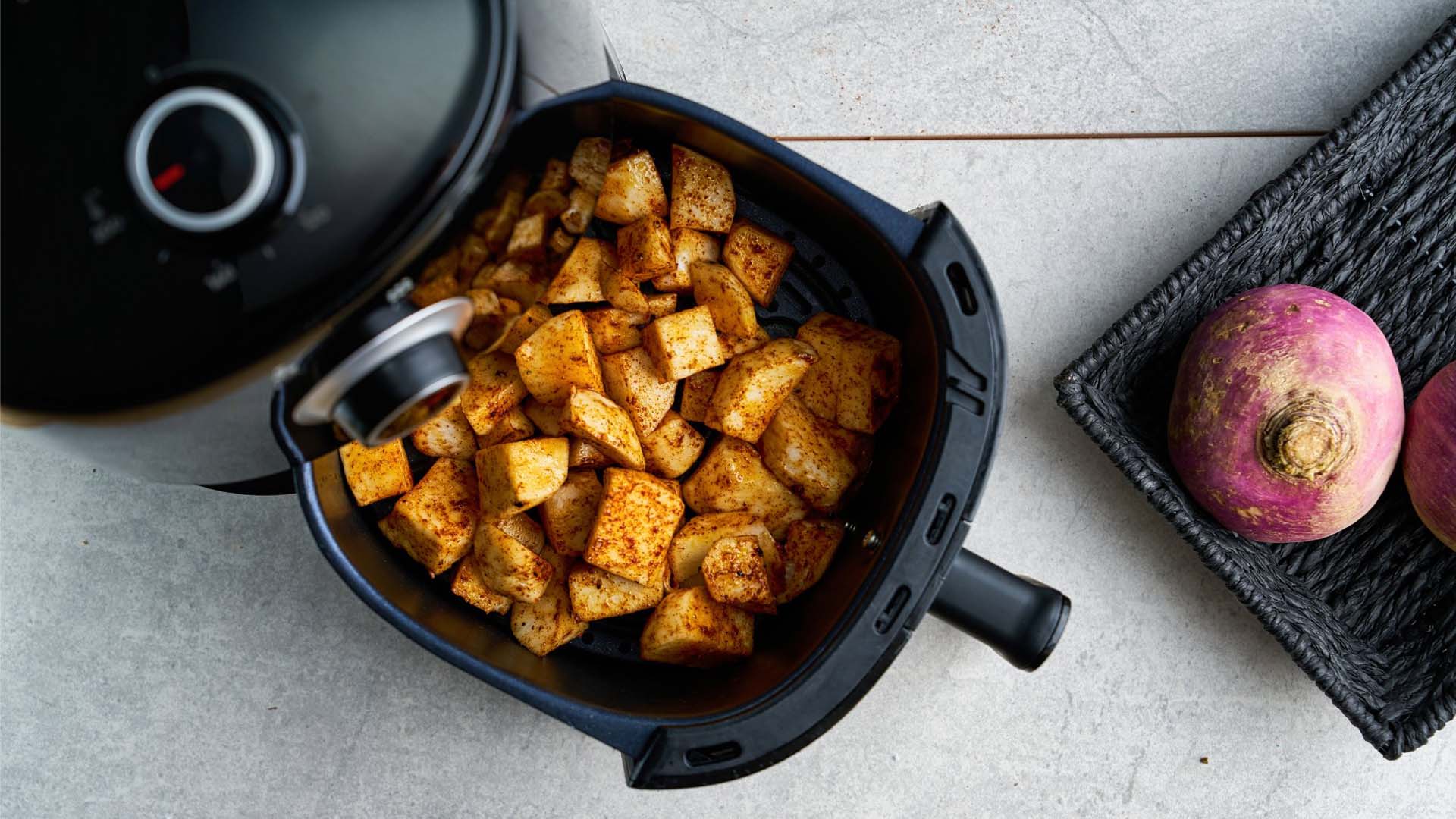Ultra-processed foods: what they are and how to cut back
Why the effect of ultra processed food on your health gets worse as you get older, and easy ways to reduce your intake.
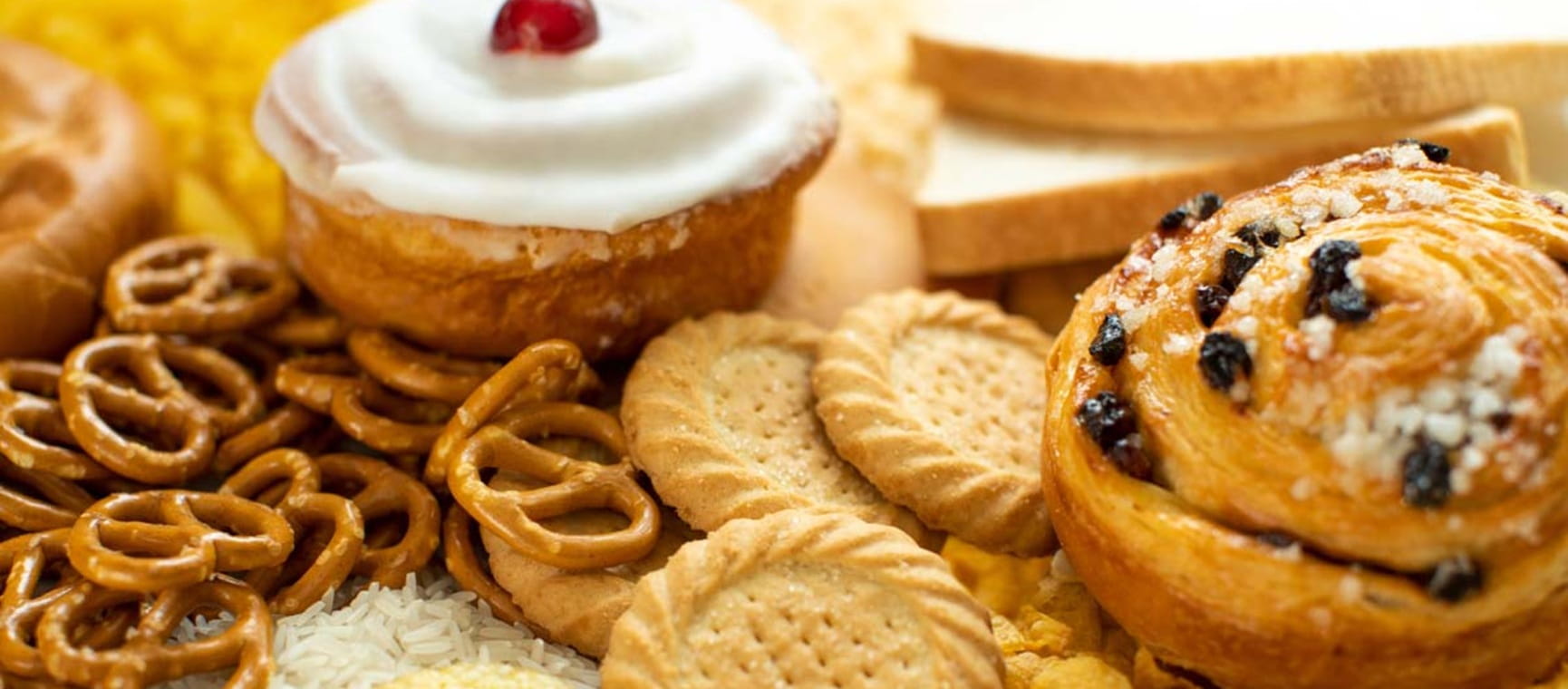
Why the effect of ultra processed food on your health gets worse as you get older, and easy ways to reduce your intake.

Ultra-processed foods (UPF), such as cakes, pre-packaged bread and ready meals, make up more than half of the average UK adult's daily calorie intake – and they can be bad news for your health.
Eating too many of them can lead to weight gain, along with health issues such as high blood pressure, higher blood cholesterol levels and type-2 diabetes.
Research has suggested that eating large amounts of UPF increases the risk of an early death – each extra 10% of UPF consumed increases someone’s risk of dying before they reach 75 by 3%.
Most of us already know that we should limit our consumption of UPF such as biscuits, ice cream and ready meals, but did you know that there are some foods which are classed as UPF that you may have believed to be healthy? And you may be eating more of them than you think.
To help shed some light on UPFs, Saga Health Insurance partnered with Steve Bennett, a qualified health coach and Parliamentary Advisor on the House of Lords’ Food, Diet and Obesity Committee, to explain:
“Ultra-processed foods are industrially manufactured products made with additives you’d never use in a home kitchen, things like emulsifiers, stabilisers and artificial flavourings,” says Bennett.
“They’re designed for shelf life and profit, not nutrition. Think breakfast cereals, ready meals, fizzy drinks and packaged snacks.”
The foods we buy are defined by the NOVA food classification system depending on their ingredients and the processes used to make them.
According to this definition, ultra-processed foods are the most processed type of foods – typically created by a series of industrial processes.
They usually have more than five ingredients and often contain additives (such as modified maize starch, ascorbic acid, sodium carbonate, potassium sorbate and many others). They don’t tend to contain much in the way of protein, fibre or other nutrients.

“One of the biggest issues is that fibre is systematically stripped out during processing,” explains Bennett. “Fibre is nature’s brake pedal – it slows sugar absorption and protects the gut. Without it, sugar floods into the bloodstream at speed.
“Some of the most popular cereals, like frosted cornflakes and crunchy nut, contain around 15g of sugar per 40g serving – that’s nearly four teaspoons in a single bowl. The body is only designed to handle about one teaspoon of sugar at a time, so this sugar rush keeps insulin levels high, and while insulin is elevated, your body can’t burn fat for energy.
“Over time, this cycle can contribute to weight gain, insulin resistance, chronic inflammation, and a higher risk of conditions such as diabetes and heart disease.
“Older adults face the greatest risk because insulin sensitivity and gut diversity naturally decline with age.
“That means their bodies can’t manage blood sugar spikes as effectively. Add in pre-existing conditions like diabetes or heart disease, and a UPF-heavy diet acts like fuel on the fire.”
Ultra-processed foods have previously been linked with a range of poor health outcomes including an increased risk of obesity, type-2 diabetes and heart disease.
Recent research published in the American Journal of Preventative Medicine said that UPF is so damaging to health, it is implicated in as many as one in seven of all premature deaths in some countries.
Another study by Imperial College in 2023 found that a higher consumption of ultra-processed food was associated with a greater risk of developing cancer, specifically ovarian and brain cancers.
It’s not always ultra-processed foods that are the least healthy option. For example, cured meats such as bacon are classed as processed, not ultra-processed, but are still also linked with an increased cancer risk.
Butter and salt are not ultra-processed foods, but eating too much of either is linked with an increased risk of heart disease.
And some food branded as healthy can still be ultra-processed, such as wholemeal sliced bread.
Bennett has this advice: “Food labels can be deceptive, buzzwords like ‘natural,’ ‘low-fat’ or ‘source of fibre’ may be just marketing tricks. If the ingredients list is long or full of chemical-sounding names, that’s usually a red flag, and ‘natural flavourings’ are often just lab-created chemical blends designed to taste like fruit, showing just how far from natural these labels can be.
“An easy UPF spotting method is to look at the ingredients on the back of the packet. If there is any type of sugar in the first three ingredients it is nearly always a UPF. Therefore, it should not be considered a breakfast, lunch or dinner item, more like a dessert option.
“Watch out for hidden sugars ending in ‘-ose’ (like glucose and fructose) or ‘syrup,’ plus emulsifiers such as polysorbates and anything beginning with “E” followed by numbers.”

Dr Linia Patel, a registered dietitian and spokesperson for the British Dietetic Association, says that the first step is to take a good look at what you typically add to your plate.
“Start by adding more good stuff to your diet, which we absolutely need to do,” she advises. “Many of us don’t eat enough fruit and vegetables and we don’t eat enough fibre.
"For example, if you choose to have toast for breakfast, try adding peanut butter and slices of apple next time. You would benefit from the fibre and phytonutrients [beneficial compounds found in plant foods such as antioxidants and flavonoids] that would come from the apple, as well as the healthy fats you would get from the peanut butter.”
If you currently eat ultra-processed foods regularly, Patel suggests adding protective foods to your plate as this will help to offset some of the negative aspects of eating ultra-processed options.
“Fruit and vegetables, lentils, legumes and pulses are all bursting with vitamins and minerals and are really good for us.
"If you tend to eat convenience foods because of time pressures, try adding fruit and vegetables or salads to pimp up your meals.”
Try these easy ways to change ultra-processed foods for something that’s healthier and delicious.
“White bread contains flour, water, yeast, salt and oil – all ingredients we would recognise. But because it also has emulsifiers and preservatives added to it, white bread is an example of an ultra-processed food,” Patel explains.
Switch to wholemeal bread, which includes wholegrain carbohydrates, as a healthier option.
Try baking your own bread or buy traditionally-made bread from your local bakery, she suggests.
Opting for wholegrain or brown rice will provide more nutrients and is better for you than choosing white.
Breakfast cereals are another popular ultra-processed food. Patel explains that cornflakes, for example, are so far removed from the corn they originated from that additional ingredients are needed to create that familiar cereal shape (and that’s without mentioning the sugar added to these types of cereals).
Bennett adds: “Even ‘wholegrain’ breakfast cereals can be sugar bombs containing more sugar than biscuits after processing strips away protective fibre.”
Switching to muesli or shredded wheat cereal is a good alternative. “An even better breakfast option would be good old porridge oats,” Patel advises.
“But bear in mind that flavoured porridge is an ultra-processed food due to what is added to it.”
Often, the reason we opt for ultra-processed options such as ready meals is that they are convenient and minimal hassle. But cooking your own doesn’t need to be time-intensive or complicated, and it’ll be better for you too.
Patels says that shop-bought pasta sauces can be high in salt and sugar and instead suggests making your own by frying an onion, adding chopped tinned tomatoes and your favourite herbs, and simmering until thick.
You can add tinned beans or chickpeas, and perhaps some spices, for a dish that will work equally well on a jacket potato or with rice.
Home-made pesto is easy to make, especially if you have a food processor – whizz up fresh basil, nuts of your choice, garlic, parmesan cheese and plenty of olive oil.
It can be easy to assume that choosing vegetarian and vegan meat alternatives and ready meals means healthier eating, but they aren’t always as good for you as you might think.
“A lot of people choose fake meat products because they are plant-based. But when you look at the ingredients, often you’ll find that they’re ones you hardly recognise, so they aren’t actually healthy options,” Patel explains.
“Eating more plant-based foods is absolutely healthier for us – but in their whole forms such as beans, dahl and rice.”
Protein bars and shakes are often marketed as being healthy choices, but they’re typically ultra-processed.
Bennett recommends swapping bars for a handful of nuts and fruit, while Patel says making your own shakes is a far healthier alternative.
“Blend together a banana, milk and some frozen raspberries and you’ll have a tasty milkshake that’s not ultra-processed and is cheaper too,” she advises.
You can also blend in a spoonful of your favourite nut butter for some added protein.


Get 3 months free, plus a £125 Totally Rewards Wellness Gift Card when you start a new policy by the end of 19 February 2026. T&Cs apply.
Underwritten by Bupa Insurance Limited.

Get 3 months free, plus a £125 Totally Rewards Wellness Gift Card when you start a new policy by the end of 19 February 2026. T&Cs apply.
Underwritten by Bupa Insurance Limited.

We reveal the 7 best tinned foods to supercharge your health while saving you time and money.

Just four teaspoons of olive oil a day can reduce heart disease risk in six weeks, according to research.

Our expert guide to the common foods you shouldn't mix with prescription drugs.

Experts reveal whether chilled supermarket soups are worth the extra cost and if some flavours are better for you than others.

We’ve ranked some of the most popular fats we eat from best to worst.
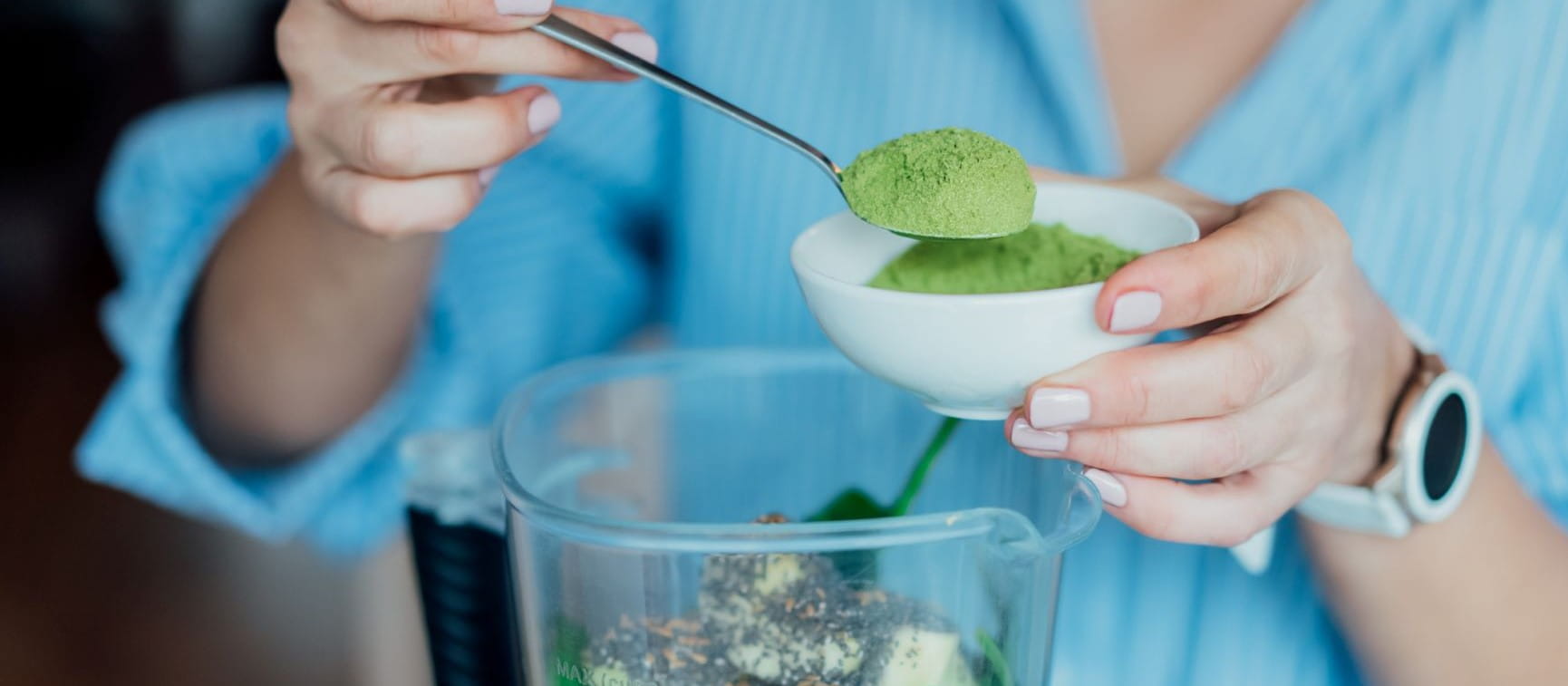
What are superfood powders and how useful are they? Experts reveal their choices of the best ones to try.
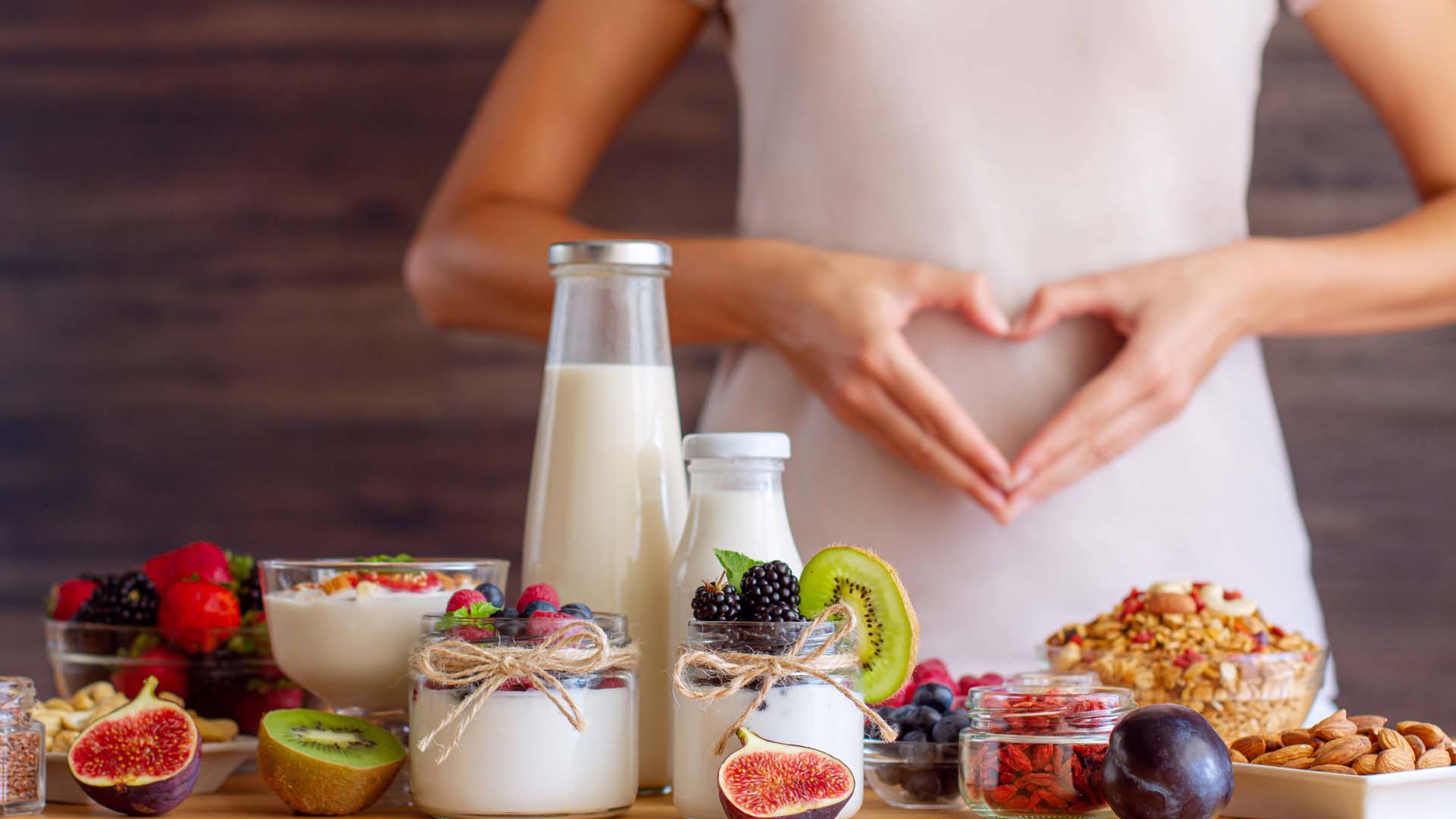
Looking after your gut health could be one of the biggest things that you can do for your overall health. Here are the best foods to keep your gut happy.

The foods that could help you live longer and protect against chronic illness.

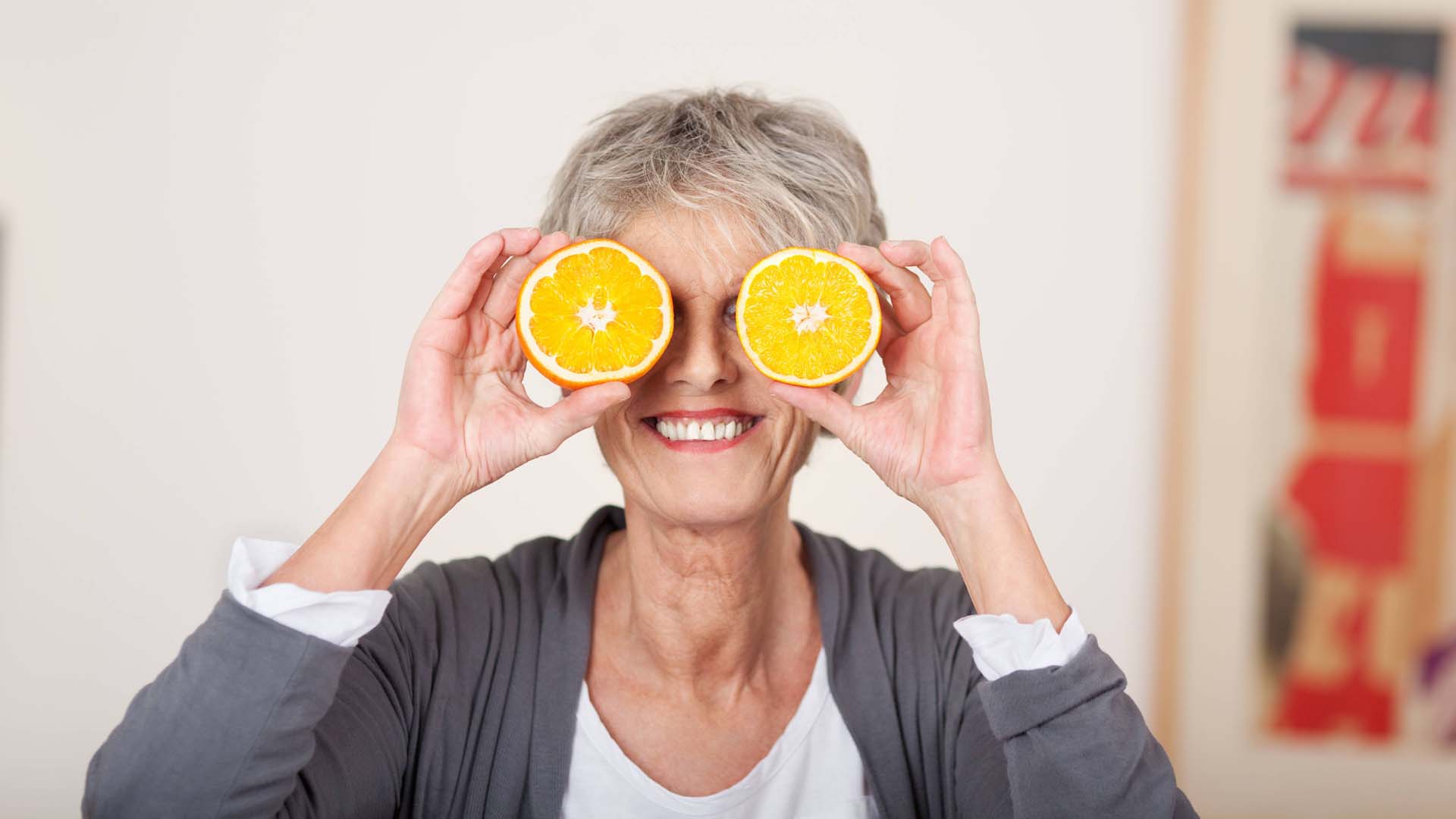
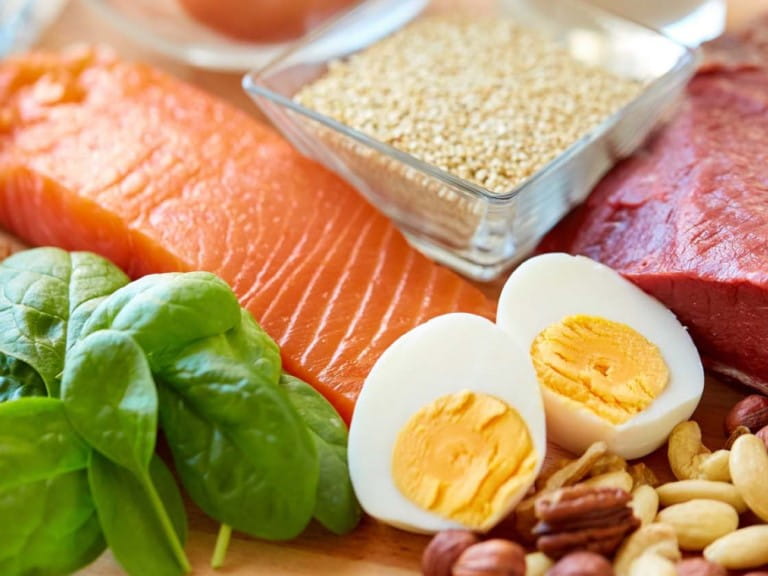
Everything you need to know about protein, from how it benefits your body to the best high-protein foods – and how much you really need.
